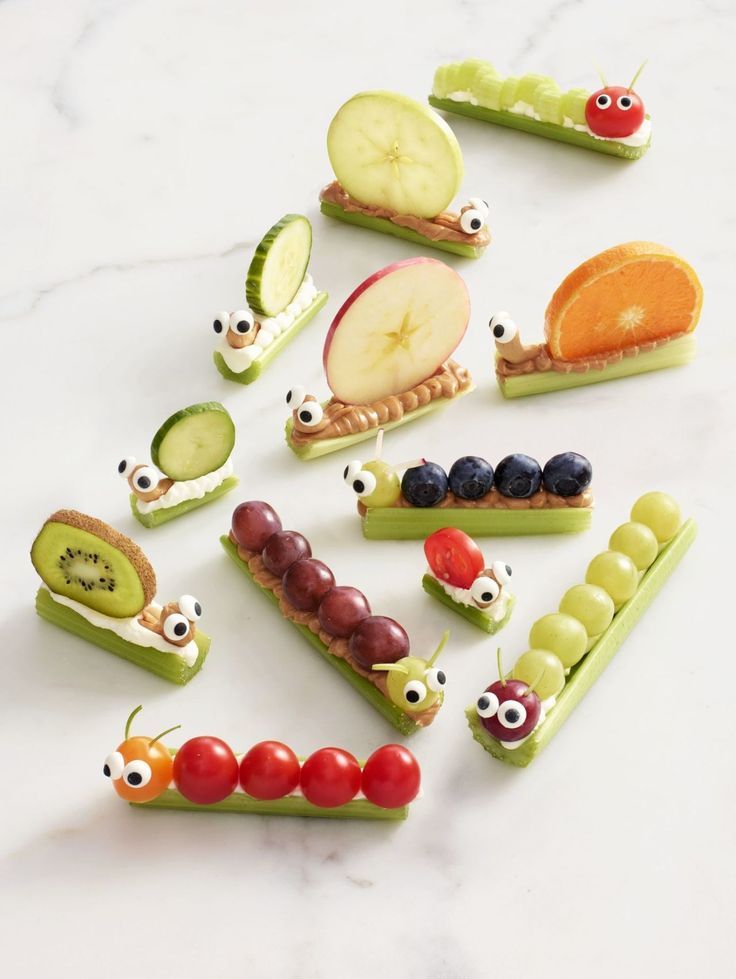Contamination of baby food
Homemade Baby Food Contains Toxic Metals, Too
Aug. 12, 2022 -- Homemade baby food contains as many toxic metals as food bought in the store, according to a new report released Thursday.
About 94% of homemade and store brands were contaminated with one or more toxic heavy metals. The heavy metal levels varied widely by food type, not by who made the food.
“We found no evidence to suggest that homemade baby foods made from store-bought produce are better than store-bought baby foods when it comes to heavy metal contamination,” Jane Houlihan, the paper’s co-author and research director for Healthy Babies, Bright Futures, told CNN.
The group, which is an alliance of nonprofits, scientists and donors, has a mission of reducing babies’ exposures to neurotoxic chemicals.
“Toxic metal exposure can be harmful to the developing brain. It’s been linked with problems with learning, cognition, and behavior,” according to consumer-focused information from the American Academy of Pediatrics. “But keep in mind that many genetic, social, and environment factors influence healthy brain development, and toxic metal exposure is just one of these factors.”
Houlihan and colleagues tested 288 foods bought at stores and farmers markets across the U.S., including grains, fruits, vegetables, snacks, teething foods and family items that babies eat, such as cereals and rice cakes. They tested for four major heavy metals — lead, arsenic, mercury and cadmium — that are among the WHO’s top 10 chemicals of concern for infants and children. They also looked at data from 7,000 food tests reported in published studies and by the FDA.
The researchers found that 94% of foods contained detectable amounts of one or more toxic heavy metals. Lead was found in 90% of manufactured baby food and 80% of store-bought family food and homemade purees.
In addition, arsenic was found in 68% of store-bought baby food and 72% of family food either purchased or prepared at home. Cadmium was found in 65% of purchased baby food and 60% of family foods. Mercury was found in 7% of store-bought baby food and 10% of family foods.
Mercury was found in 7% of store-bought baby food and 10% of family foods.
The new report is a follow-up to a November 2019 report by Healthy Babies, Bright Futures, which tested 168 foods purchased from major baby food manufacturers. The analysis found 95% of store-bought baby food contained lead, 73% contained arsenic, 75% contained cadmium and 32% contained mercury. About one-fourth of the foods had all four heavy metals.
“After that report, we saw so many people saying you can get around this problem by making your own baby food at home, so we decided to check,” Houlihan told CNN. “We suspected we’d find heavy metals in all kinds of food because they’re ubiquitous contaminants in the environment.”
Healthy Babies, Bright Futures created a new parent’s guide of popular baby foods to serve, limit and avoid based on the tests.
Four popular rice-based foods — crisped rice cereal, brown rice, rice puffs and rice cakes — were so heavily contaminated by heavy metals that the researchers recommended avoiding them altogether. In contrast, 14 foods — such as bananas, apples, beans, peas, milk and cheese — have little contamination and can be served freely.
In contrast, 14 foods — such as bananas, apples, beans, peas, milk and cheese — have little contamination and can be served freely.
In the middle, 22 foods — including peanut butter, fruit juice, oatmeal and teething biscuits — have moderate to relatively high amounts of heavy metals. These should be eaten rarely or in rotation with other foods, the researchers said. For some of the foods, the preparation matters, and peeling and cooking the foods can lower the heavy metal content.
The key is to feed children with as many different types of food as possible, Mark Corkins, MD, a pediatrician and chair of the American Academy of Pediatrics’ Committee on Nutrition, told CNN.
“If you spread foods out, and offer a wide variety of options, you’ll have less toxicity,” he said. “And nutritionally, that’s always been the right thing to do to get the most micronutrients from the food you eat.”
Manufacturers allowed baby food contaminated with heavy metals to remain on shelves, lawmakers say
CNN —
Gerber and Beech-Nut failed to properly test and remove baby foods with dangerous levels of inorganic arsenic from the market, while Sprout Foods Inc., Walmart’s Parent’s Choice and Plum Organics (formerly owned by Campbell) were lax in testing and controlling for heavy metals such as lead, mercury and cadmium, according to a US Congressional report released Wednesday by the House Subcommittee on Economic and Consumer Policy.
“Today’s report reveals that companies not only under-report the high levels of toxic content in their baby food, but also knowingly keep toxic products on the market,” said Democratic Rep. Raja Krishnamoorthi of Illinois, chair of the House Subcommittee on Economic and Consumer Policy, which conducted the investigation.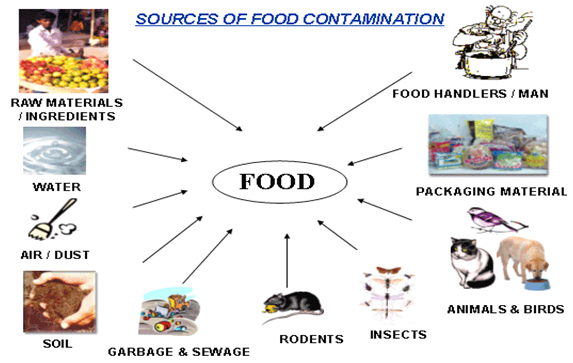
Several baby food manufacturers CNN contacted disagree with the subcommittee’s assessment, and all say they are committed to working closely with the US Food and Drug Administration to address the issue.
Arsenic and other heavy metals are natural elements found in soil, water and air. Rice, which is a common ingredient in baby cereal, is grown submersed in water and is especially good at absorbing inorganic arsenic, the most toxic form.
hm baby solid food_00000924.jpg
95% of tested baby foods in the US contain toxic metals, report says
Exposure to heavy metals in baby food became a growing concern for parents after Healthy Babies Bright Futures, a coalition of advocates committed to reducing babies’ exposures to neurotoxic chemicals, tested 168 baby foods from major manufacturers in the US.
The testing found 95% of sampled baby foods contained lead, 73% contained arsenic, 75% contained cadmium and 32% contained mercury. One fourth of the baby foods contained all four heavy metals. The results mimicked a previous study by the US Food and Drug Administration that found one or more of the same metals in 33 of 39 types of baby food tested.
“Even in trace amounts, these contaminants can alter the developing brain and erode a child’s IQ,” said Jane Houlihan, research director for Healthy Babies Bright Futures.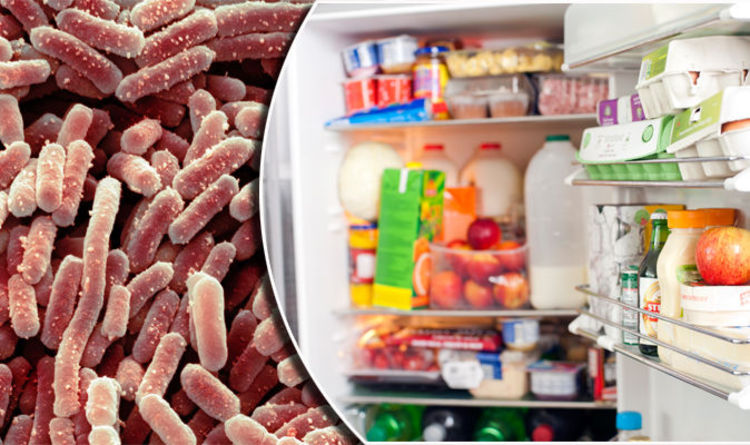
“The impacts add up with each meal or snack a baby eats — especially when the levels are as high as Healthy Babies Bright Futures’ research and the subcommittee’s new report show.”
In an earlier investigation released in February, the subcommittee looked at internal testing documents from four major baby food manufacturers: Gerber; Beech-Nut Nutrition; Nurture, Inc., which sells Happy Baby products; and Hain Celestial Group, Inc., which sells Earth’s Best Organic baby food.
The documents showed some products contained levels of lead, mercury, cadmium and inorganic arsenic were far above limits set for bottled water by the FDA and the US Environmental Protection Agency.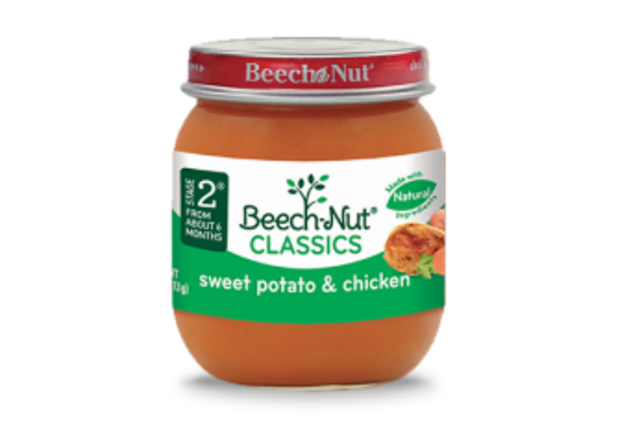 Ground water can easily absorb heavy metals from the soil, and old lead pipes leak, so drinking water is a key exposure to heavy metals.
Ground water can easily absorb heavy metals from the soil, and old lead pipes leak, so drinking water is a key exposure to heavy metals.
Baby taking a bite of food from a spoon with jar of baby food in foreground - stock photo
Chris Tobin/Digital Vision/Getty ImagesLeading baby food manufacturers knowingly sold products with high levels of toxic metals, a congressional investigation found
Inorganic arsenic, lead, cadmium and mercury are in the World Health Organization’s top 10 chemicals of concern for infants and children.
Of the four companies, the subcommittee found only Nurture tested the final product – the actual food babies would eat – after all ingredients had been added.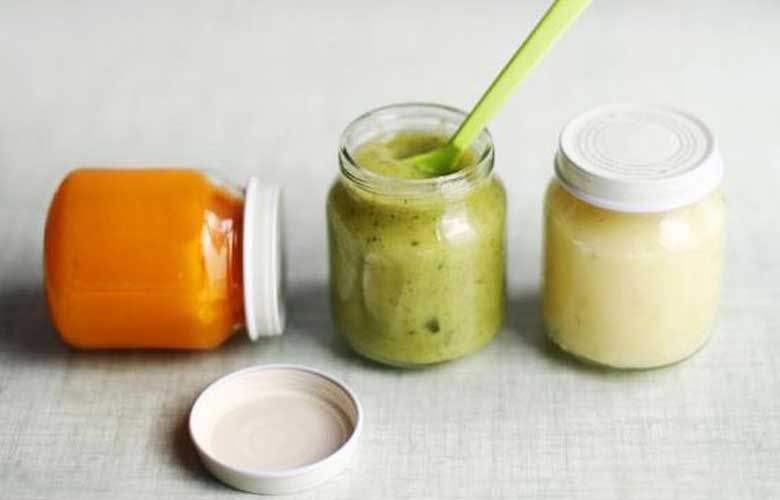 The rest of the companies tested some, but not all ingredients, the investigation found.
The rest of the companies tested some, but not all ingredients, the investigation found.
That’s a significant concern, the report said, because each ingredient may have levels of toxins that fall under the cutoff for safety – but when added together, they may exceed government standards.
There is no safe level of lead for children, according to the EPA and US Centers for Disease Control and Prevention. While there are no specific limits set for infant foods, the EPA and FDA set an upper limit of 2 parts per billion of inorganic mercury in drinking water, and 5 parts per billion for cadmium.
In 2016 the FDA introduced a standard of 100 parts per billion for inorganic arsenic in infant rice cereal, finalizing that guidance in August 2020. But that level is too high to protect babies’ brains, critics said, especially considering the agency had already set the limit for bottled water at 10 parts per billion (ppb).
“FDA set the limit at 100 ppb because it was focused on the level of inorganic arsenic that would cause cancer. It disregarded the risk of neurological damage, which happens at a much lower level,” the report stated.
A maximum level of inorganic arsenic in baby food should be set at 10 parts per billion, the report said, “with a 15 ppb limit for infant cereal, as proposed in the Baby Food Safety Act.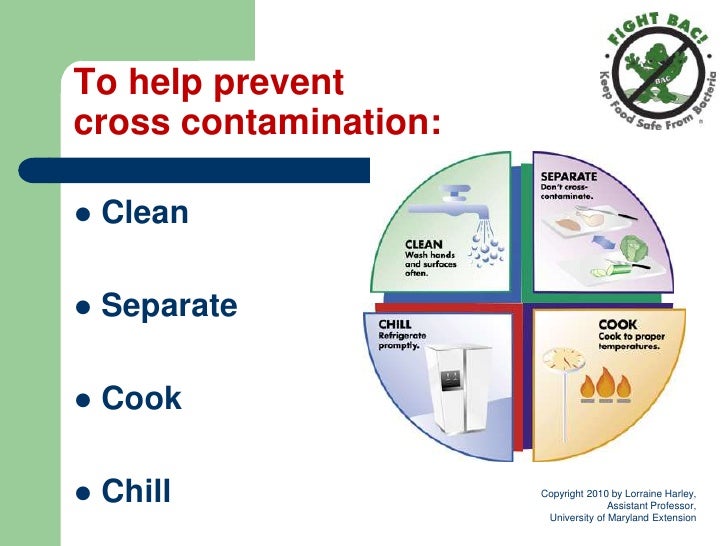 ”
”
An FDA spokesperson told CNN that the agency continues to make “steady progress towards developing action levels for lead in foods and evaluating the science to establish reference levels for arsenic and cadmium.”
“We look forward to providing additional updates on our efforts as new data, information, progress updates and additional material are made available.”
In May, the state of Alaska conducted a FDA-funded analysis of Beech-Nut’s and Gerber’s infant rice cereals and found “multiple samples” contained more inorganic arsenic than the “FDA’s 100 parts per billion (ppb) limit,” the report stated.
Mother feeds baby boy with a spoon porridge.
Shutterstock/ElRoiBeech-Nut to stop selling baby rice cereal after finding high arsenic levels
In early June, Beech-Nut Nutrition issued a voluntary recall of two infant rice cereals with product codes 103470XXXX and 093470XXXX. The company also announced that it was exiting the infant rice cereal market.
“Beech-Nut is concerned about the ability to consistently obtain rice flour well-below the FDA guidance level and Beech-Nut specifications for naturally occurring inorganic arsenic,” the FDA said in the recall announcement.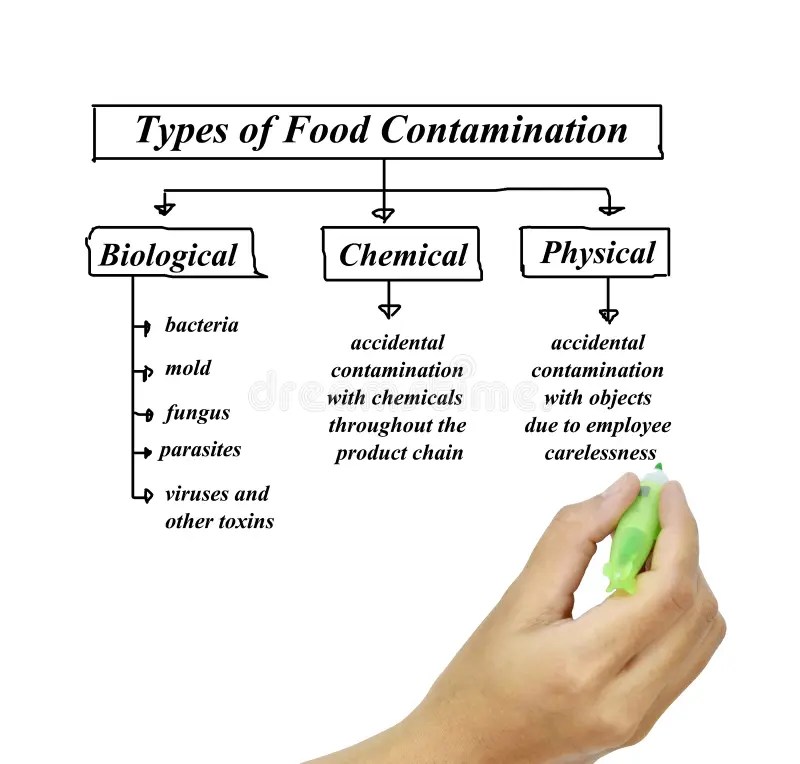
However, the subcommittee criticized Beech-Nut in the new report, saying the manufacturer had not gone far enough to protect the public.
“Beech-Nut only recalled two of its six products that tested over the limit,” the House subcommittee stated.
Beech-Nut Nutrition told CNN that “the assertion that Beech-Nut’s rice cereal recall was too narrow is incorrect” because it proactively withdrew all of its rice cereal products from supermarket shelves.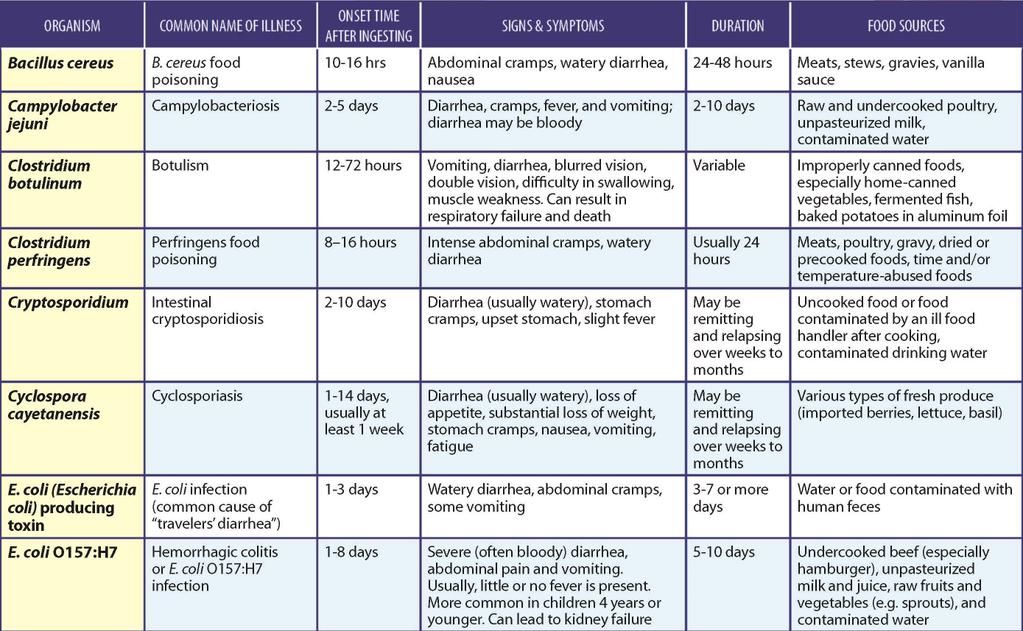
“Beech-Nut has taken a leadership role and is the first and only national brand to commit to being a fully rice-free brand across its full product portfolio,” the company said.
The subcommittee report was also critical of Gerber.
“Gerber was even worse (than Beech-Nut) —it had two products test over the 100 ppb limit and took no action to tell the public or get them off the shelves,” the subcommittee stated.
A Gerber spokesperson told CNN that the FDA had retested the samples, and was unable to confirm the result by Alaska, adding that the FDA “confirmed to Gerber that no action was needed.”
“While the Subcommittee report notes proposed limits on specific heavy metals, those are based on proposed standards from the Baby Food Safety Act, which are not current law or regulation. All Gerber foods have and continue to meet all applicable guidelines and limits set by the FDA, the governing body for safety regulations in the food industry,” the spokesperson said.
In their original report released in February, the House subcommittee said three companies had failed to fully cooperate with the investigation. Those baby food manufacturer’s are:
Those baby food manufacturer’s are:
- Sprout Organic Foods, now owned by Canadian cannabis company Neptune Wellness Solutions
- Campbell Soup Company, which in March sold Plum Organics to Sun-Maid Growers of California
- Walmart, which manufactures Parent’s Choice baby food.
Shutterstock
Chemicals in plastics damage babies' brains and must be banned immediately, expert group says
Since February, those companies have cooperated to “varying degrees,” the new report said. Internal company documents provided by Sprout, Campbell and Walmart show similar failures to test or monitor their baby food products, investigators found.
Samples of Plum Organics baby foods tested between 2017 and 2019 contained levels of toxic heavy metals that greatly exceeded safety limits, the investigators reported.
“Plum’s finished products contain up to 225 ppb inorganic arsenic. The majority of Plum’s baby foods also contain over 5 ppb lead, and nearly 40% exceed 5 ppb cadmium,” the subcommittee noted.
A Campbell spokesperson told CNN that despite selling the Plum Organics brand, they will continue to cooperate with the “subcommittee throughout this process” and will continue “support the FDA’s efforts in setting clear and specific science-based federal standards.”
Sun-Maid Growers of California told CNN in an email that it will “thoroughly examine the updated report from the Subcommittee on Economic and Consumer Policy and continue to work with the subcommittee – as well as the industry at large – to address these matters.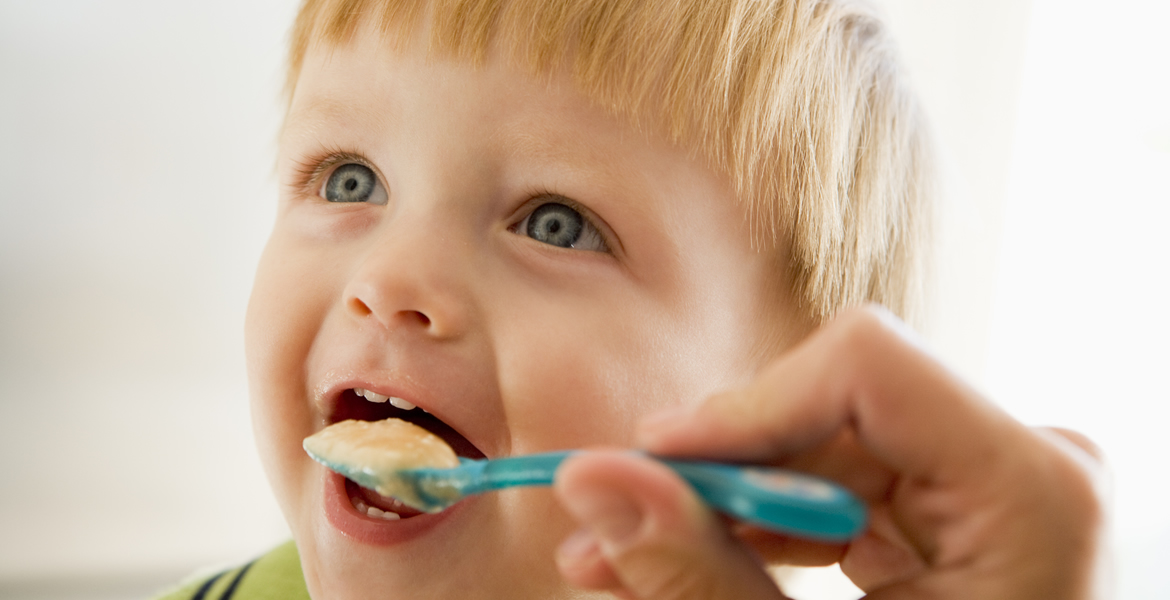 ”
”
In 2018, Walmart “abandoned” a standard in place since 2013 that set an internal inorganic arsenic limit of 23 parts per billion for the baby food it sells, the report said, “quadrupling it” to allow up to 100 parts per billion.
“Walmart offered no justification for its extreme course reversal on protecting babies’ neurological development,” the report stated.
Walmart’s senior director of national media relations, Randy Hargrove, told CNN that the company had “always required that our suppliers’ products meet the guidelines established by the FDA. Our specifications have always been aligned with or below the FDA requirements for naturally occurring elements and the FDA noted in April that its testing shows that children ‘are not at an immediate health risk to exposure.’ “
Our specifications have always been aligned with or below the FDA requirements for naturally occurring elements and the FDA noted in April that its testing shows that children ‘are not at an immediate health risk to exposure.’ “
Shutterstock
Chemicals in plastics damage babies' brains and must be banned immediately, expert group says
In the April release cited by Walmart, the FDA also noted that research has shown “reducing exposure to toxic elements is important to minimizing any potential long-term effects on the developing brains of infants and children.”
Finally, investigators found Sprout’s testing practices “to be the most reckless among baby food manufacturers,” the report stated, because it only requires yearly testing for toxic metals and fails to test their finished products.
Sprout has not responded to a CNN request for comment on the new report. But on its website, Sprout says that it is ready to make any changes to our “sourcing or processing systems that may be advised by the FDA,USDA, or other relevant regulatory bodies. Sprout will always comply with regulatory guidance and continue to monitor developments closely.”
In both reports, the subcommittee recommended the baby food industry voluntarily test the final product to be sold and address the problem of toxic metals in baby food by phasing out ingredients that are high in toxic heavy metals.
hm baby solid food_00000924.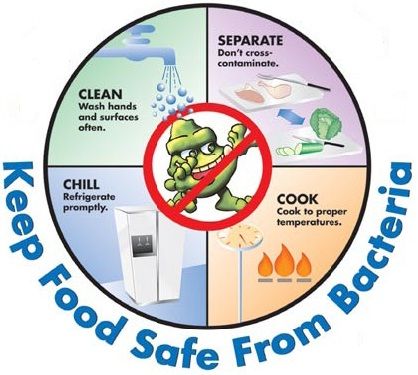 jpg
jpg
New legislation would reduce toxic heavy metals in baby food
“Based on my Subcommittee’s findings, I’m urgently calling on the baby food industry to immediately end harmful practices and conduct finished-product testing,” Krishnamoorthi said in the statement.
In addition, the subcommittee is urging the FDA to move faster in its efforts to establish specific regulations and mandate testing of final baby food products, not just ingredients.
In March, the FDA told baby food manufacturers they must consider toxic chemicals when they test their baby food for potential hazards, but the agency was criticized for not quickly setting concrete rules to remove toxic heavy metals from all baby foods.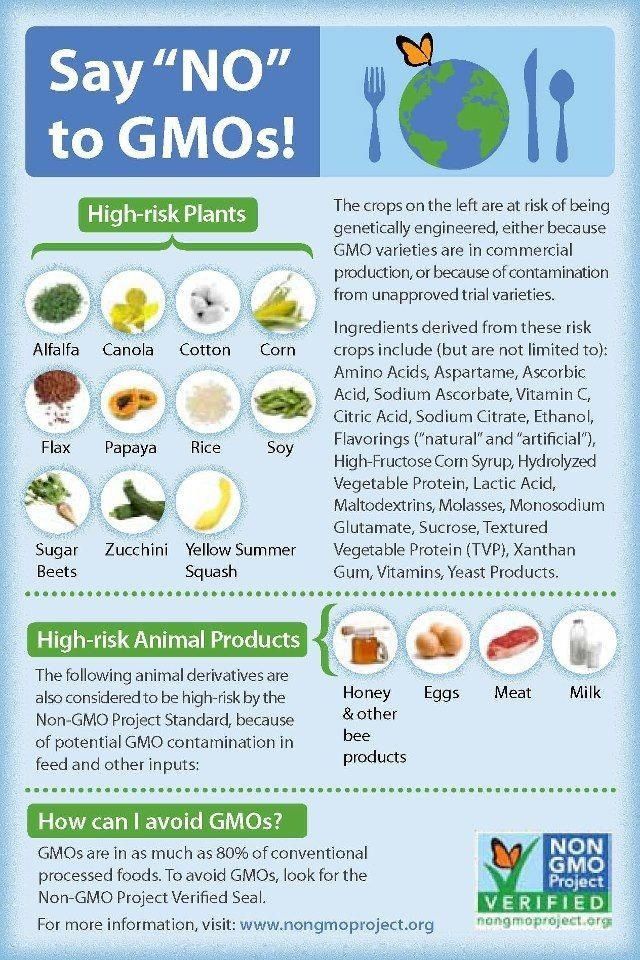
“We have been working closely with FDA on regulations, and this report highlights the need for the agency to accelerate its proposed timeline for publishing them,” Krishnamoorthi said.
However, there are potential downsides to moving too quickly on regulations, the FDA said.
“While we understand that people may want rapid changes, it is crucial that measures to limit toxic elements in foods do not have unintended consequences—like limiting access to foods that have significant nutritional benefits by making them unavailable or unaffordable for many families,” a spokesperson told CNN.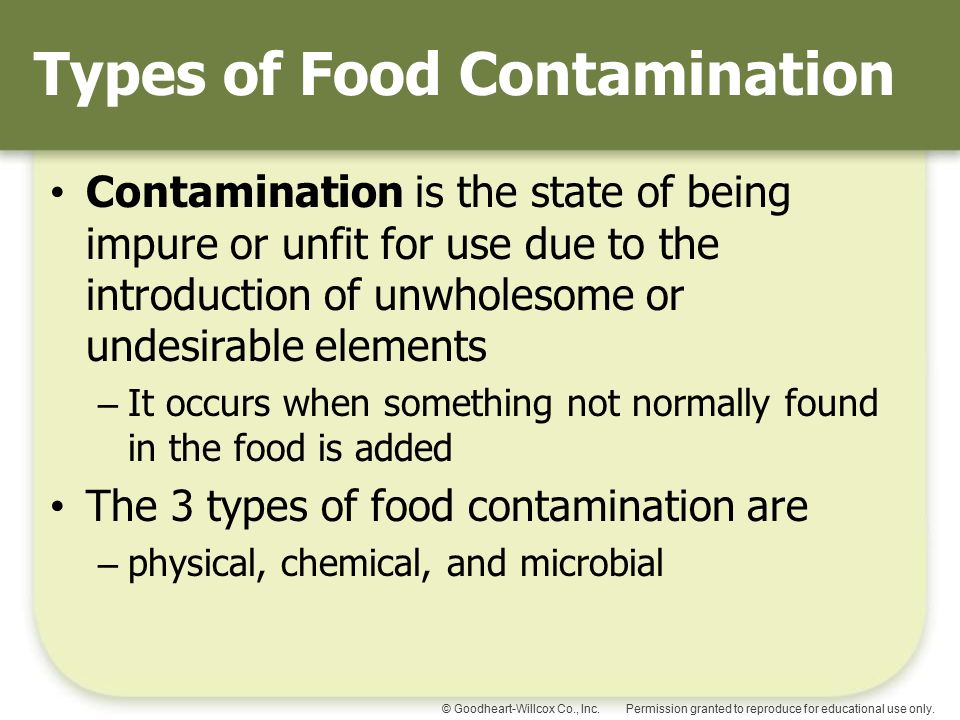
Parents can act as well, experts say, by pushing their representatives to support the proposed Baby Food Safety Act or by refusing to purchase baby foods from manufacturers who do not comply with the safety recommendations.
Parents can also try to avoid foods, such as rice, that typically absorb more heavy metals from the soil. The 2019 investigation by Healthy Babies Bright Futures found cereal and rice-based snacks like puffs had the highest arsenic levels.
When rice is served, Healthy Babies’ Houlihan suggests cooking the rice in two steps:
- Boil 1 cup of rice with 4 cups water for 5 minutes
- Pour into a colander and discard the water
- Cook drained rice with 2 cups fresh water over low to medium heat, covered, until cooked.
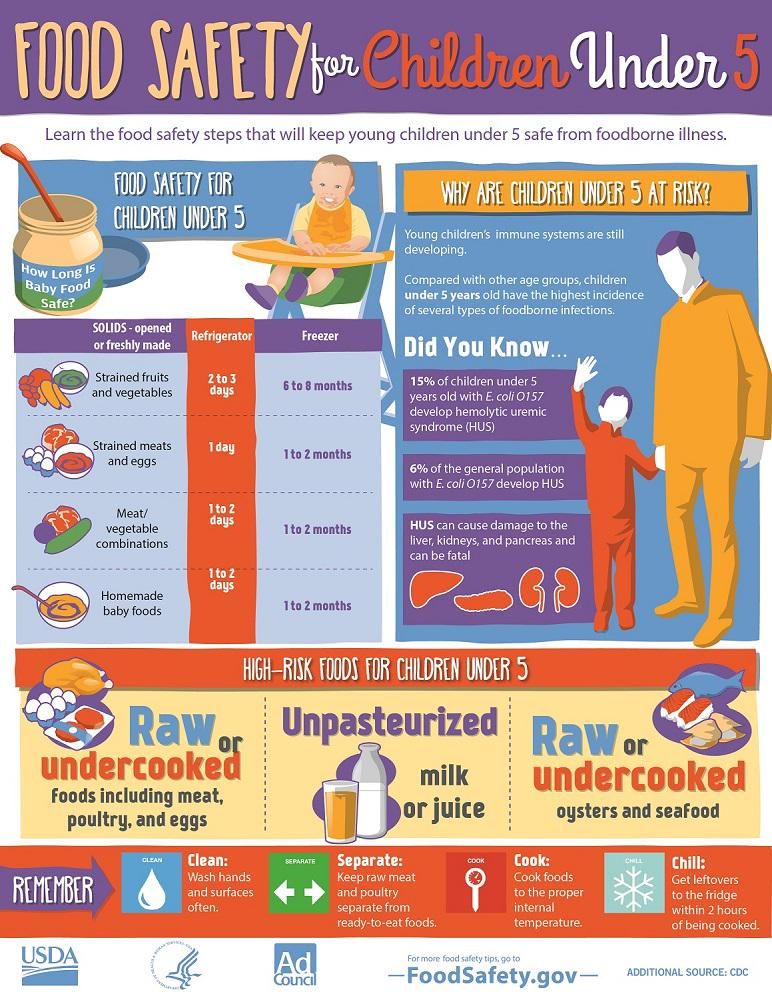
Using this method “can remove up to 70 percent of the arsenic while still preserving some of the nutrients,” Houlihan said.
Mother feeds baby boy with a spoon porridge.
Shutterstock/ElRoiNo added sugar for babies, US advisory panel recommends
The group’s investigation also found carrots and sweet potatoes to be among those most contaminated with lead and cadmium. But don’t eliminate carrots and sweet potatoes entirely, Healthy Babies’s Houlihan advised, because they are full of vitamin A and other key nutrients.
Instead, “serve a variety of fruits and vegetables, instead of serving the same thing every day. This avoids accidentally concentrating any particular contaminant in a child’s diet,” Houlihan advised.
This avoids accidentally concentrating any particular contaminant in a child’s diet,” Houlihan advised.
The Healthy Babies analysis found parents can reduce their baby’s risk of exposure to lead and cadmium by 73% by taking these steps.
When carrots, sweet potatoes and other root vegetables are served, be sure to peel them to remove heavy metals on the surface, she said, adding that “organic and homemade baby foods also contain heavy metals, so the steps above apply to those foods as well.”
Clarification: This story has been updated to reflect that while Campbell owned Plum Organics during the time period of the investigation, Plum Organics has since been sold.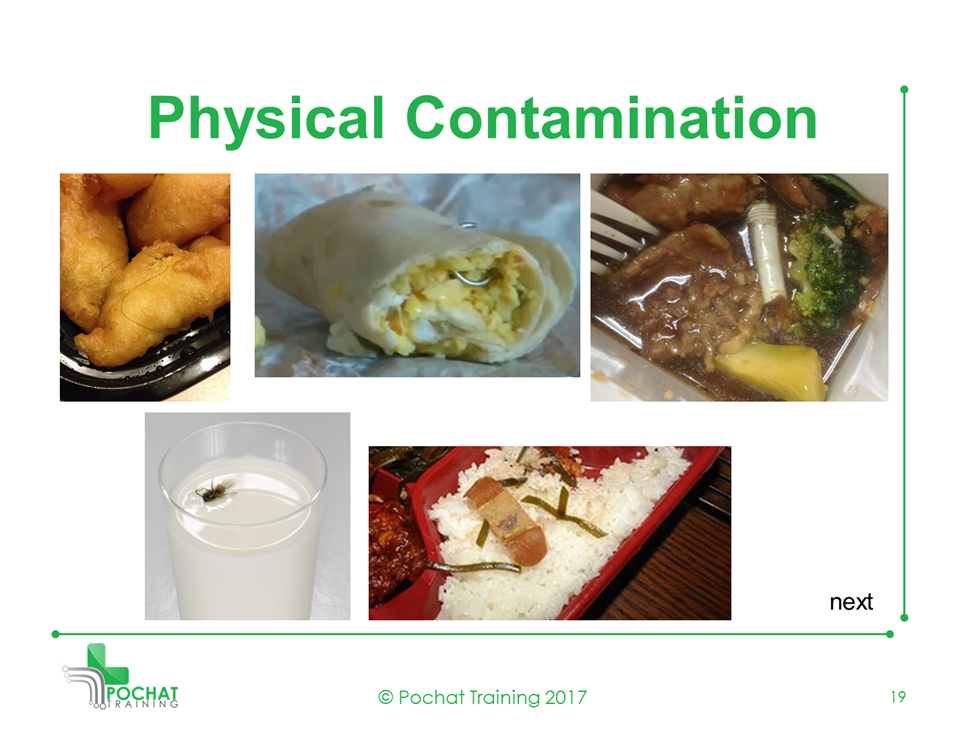
How and with what to remove old stains on children's clothes
nutrition. Your main task is to get rid of them as soon as possible. However, there are cases when yellowish stains are found, for example, on seasonal outerwear, which you pulled out of the closet. Get rid of such contaminants with a normal wash. impossible. That is why it is very important to know how and how to remove old stains from the nursery. clothes. nine0003
But be aware that some items require delicate handling. Therefore, the chosen remedy should be as gentle as possible.
We also recommend that you follow these simple rules:
-
Do not be lazy to sort clothes before washing: whites in one pile, colored ones in another. Items with old stains should be sorted separately as they are not suitable for washing. more effort will be required.
-
Try to determine what caused stains on a particular T-shirt. Fat traces are distinguished by blurred contours, and there is no color as such.
 Spilled juice or contamination from fruit is characterized by dark contours. If clearly the yellowish or brownish color of the stain is different, then it has already managed to be strongly absorbed into the cloth. nine0003
Spilled juice or contamination from fruit is characterized by dark contours. If clearly the yellowish or brownish color of the stain is different, then it has already managed to be strongly absorbed into the cloth. nine0003 -
Examine the labels on items. With the help of the signs indicated on them, manufacturers clothes tell us how to properly care for products (optimal washing, the possibility of ironing, spinning, bleaching, etc.).
Fighting old stains
A popular folk recipe is suitable for this purpose. As the main components, thanks to which it will be possible to remove the old stain, peroxide acts hydrogen, dishwashing detergent and soda. Take them in approximately the same proportions, stir until a homogeneous slurry is obtained. Then, using a sponge, apply the mass to problem areas, soak for at least 20 minutes, and then rinse thoroughly with lukewarm water. If the impurities are not gone, then repeat the procedure.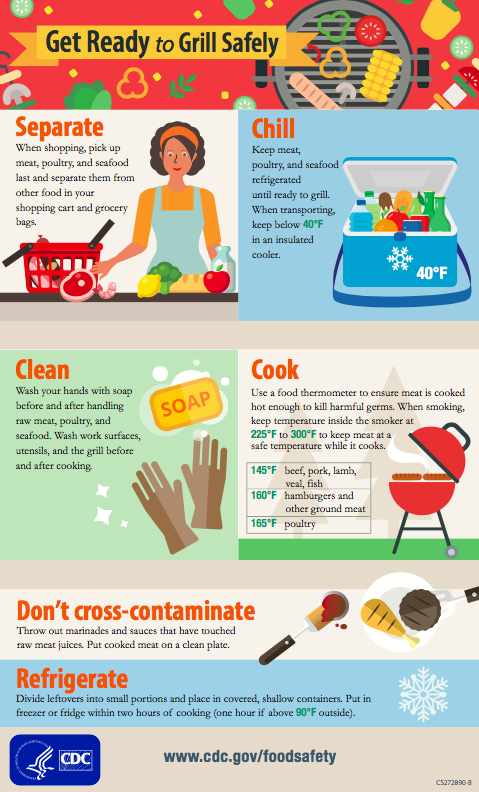 Often in large families, well-preserved sweaters, pants and T-shirts pass from older children to younger ones. In this case, it will be even more difficult to remove the stubborn dirt. How to wash children's things from old stains? One of the most effective home methods is to use vegetable oil. Dissolve in 5 liters of warm water 150 grams of washing powder and pour a couple of tablespoons of vegetable oil. Soak things overnight. Finally, wash the item in a convenient way. nine0003
Often in large families, well-preserved sweaters, pants and T-shirts pass from older children to younger ones. In this case, it will be even more difficult to remove the stubborn dirt. How to wash children's things from old stains? One of the most effective home methods is to use vegetable oil. Dissolve in 5 liters of warm water 150 grams of washing powder and pour a couple of tablespoons of vegetable oil. Soak things overnight. Finally, wash the item in a convenient way. nine0003
Mini-survey
Have there been any new types of dirt/stains on your clothes during the lockdown?
Yes, I had to deal with new types of spots
0%
There were few new types of spots
0%
No, there were no new types of spots
0%
0 Spots from 9002 herbs, although they are not old, but getting rid of them can be very difficult. Try rubbing the mark with a cotton pad soaked in alcohol. You can leave cotton for a quarter of an hour.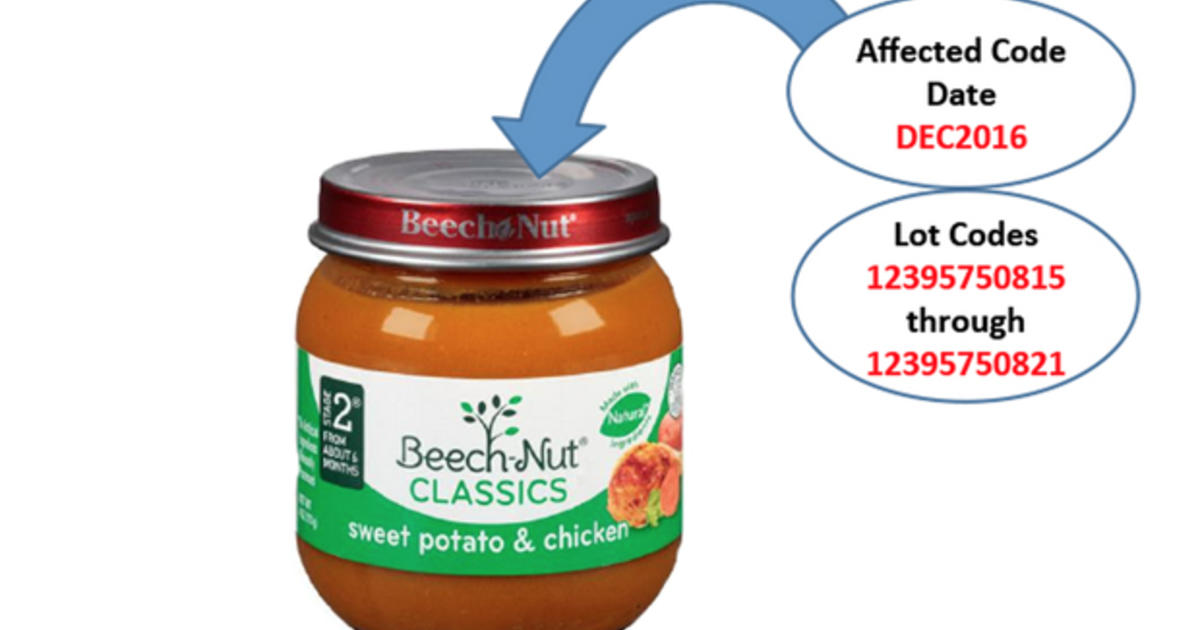 For greater effectiveness, prepare vinegar and soda paste by mixing components 1:1. Put a couple of drops of dishwashing detergent into the paste, apply it to problem areas, soak for 15 minutes. nine0003
For greater effectiveness, prepare vinegar and soda paste by mixing components 1:1. Put a couple of drops of dishwashing detergent into the paste, apply it to problem areas, soak for 15 minutes. nine0003
Removing fruit stains
The tactics of struggle will depend on how much dirt found on clothes, "fresh". Dried fruit marks require pre-soaking. For this you you will need hot water in which you need to pour citric acid (1 tablespoon citric acid per liter of liquid). Immerse the item in the prepared solution and leave for half an hour or an hour. Then carefully rub the stains with a stain remover for baby clothes and wait another 20 minutes. After the specified time, wash the product. Fresh contamination from fruits and berries does not require soaking. Enough to decompose T-shirts in the bathtub or sink and slowly pour the above solution over them. nine0003
Please note that the water must be very hot, almost boiling. Then the traces will go away easily.
But remember that only cotton can be processed with boiling water. fabrics. Synthetic, silk or wool garments deform when exposed to high temperature.
When the fruit stains have had time to slightly soak into the fibers of the fabric, treat them a bar of laundry soap or prepare a soap paste. Grate a small a bar of soap, add a couple of drops of water until you get a soap slurry, and then apply obtained agent for pollution. nine0003
Yellow stains: top ways to remove them
Such stains are characterized by strong absorption into the fibers of the fabric. Remains sweat, urine, dairy products on colored clothes are not very noticeable. But white t-shirts Socks or tights can be permanently damaged if they are not washed in time. We suggest you try some of the most effective folk methods:
-
Alcohol solution with citric acid. Mix the components in equal proportions, wait for the citric acid to dissolve, then apply the product on yellow streaks for a few minutes.
 nine0003
nine0003 -
Mixture of vegetable oil, powder and stain remover (1:1:1). received rub the problem areas with gruel, and pour the rest of the mixture into a basin with warm water and soak things for 1-2 hours.
-
Boric acid solution, weak concentration. To 5 liters of warm water, pour 2 tablespoons spoons of acid, soak dirty T-shirts and socks for several hours.
-
Hydrogen peroxide. Saturate the dirt with it, iron it.
We remove stains from baby clothes
If you are parents or grandparents, then with stains on baby clothes you have to deal with every day. Milk, milk formula, puree for the first feeding, traces of feces or urine. In addition, babies in the first months of life quite often regurgitate, which also entails the appearance of ugly pollution. For example, laundry soap does a good job of removing urine and stool marks. First you need to immerse the panties and sliders in hot water, leaving them to liquid cooling. Then rub them with a bar of laundry soap, wash by hand, rinse. nine0003
Then rub them with a bar of laundry soap, wash by hand, rinse. nine0003
How to remove baby food and cereal stains from clothes
How to remove baby food stains from clothes? Let's look at a few best practices:
-
Aspirin paste. Crush 2-3 aspirin tablets and put a couple of drops on them water until a paste is obtained. This method will help get rid of milk stains, milk mixture and porridge. Pre-soak things in cold water for 1-2 hours. nine0003
-
Whitening toothpaste/washing gel. Take note that they solve the problem of dairy product residues on bodysuits and slips.
How to remove baby puree stains? Best for dealing with pollution resulting from the introduction of the first complementary foods, stain remover.
Mandatory condition - washing clothes after the manipulations with using washing powder marked 0+. Stain remover is also needed exclusively for baby clothes. nine0003
We get rid of stains on delicate fabrics
Delicate fabrics require more careful handling.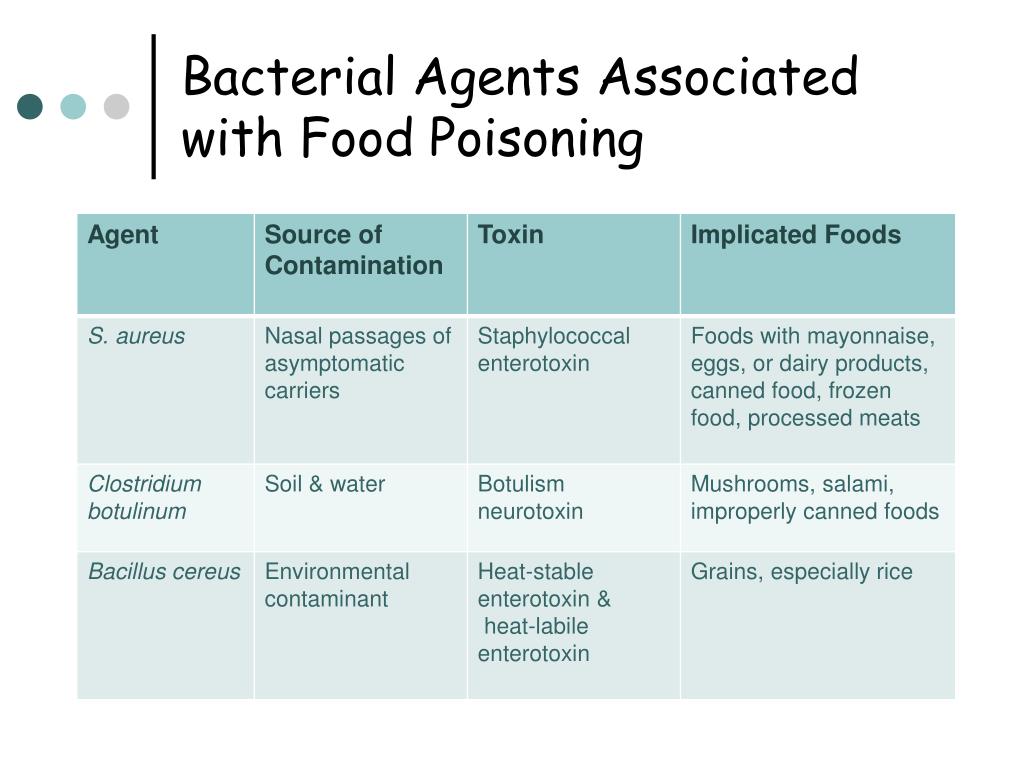 With dirt on silk, For satin or chiffon fabrics, a mixture of glycerin and ammonia will do just fine. For her cooking, take a tablespoon of glycerin, drop a couple of drops of ammonia to it alcohol, treat dirty residues. It is best to leave the mixture for 15 minutes and then rinse.
With dirt on silk, For satin or chiffon fabrics, a mixture of glycerin and ammonia will do just fine. For her cooking, take a tablespoon of glycerin, drop a couple of drops of ammonia to it alcohol, treat dirty residues. It is best to leave the mixture for 15 minutes and then rinse.
Removing dirt from wool
Wool is also a delicate fabric. It is necessary to choose not only sparing means, but also take into account that the temperature of the water during washing should not exceed + 40 ° C. Otherwise, the fabric is deformed: it will sit or stretch.
As active ingredients you will need:
Mix the components, apply to problem areas, rub gently with your hands, rinse. In conclusion, we erase in the usual way.
Powerful stain remover
Unfortunately, not all traditional methods are 100% effective. While the recipes require some effort to prepare, as well as time to soak. How to wash children's things from stains of fat, tomato juice, porridge, mashed potatoes and grass for a matter of minutes? We recommend using Cif Universal Ultra Fast Spray.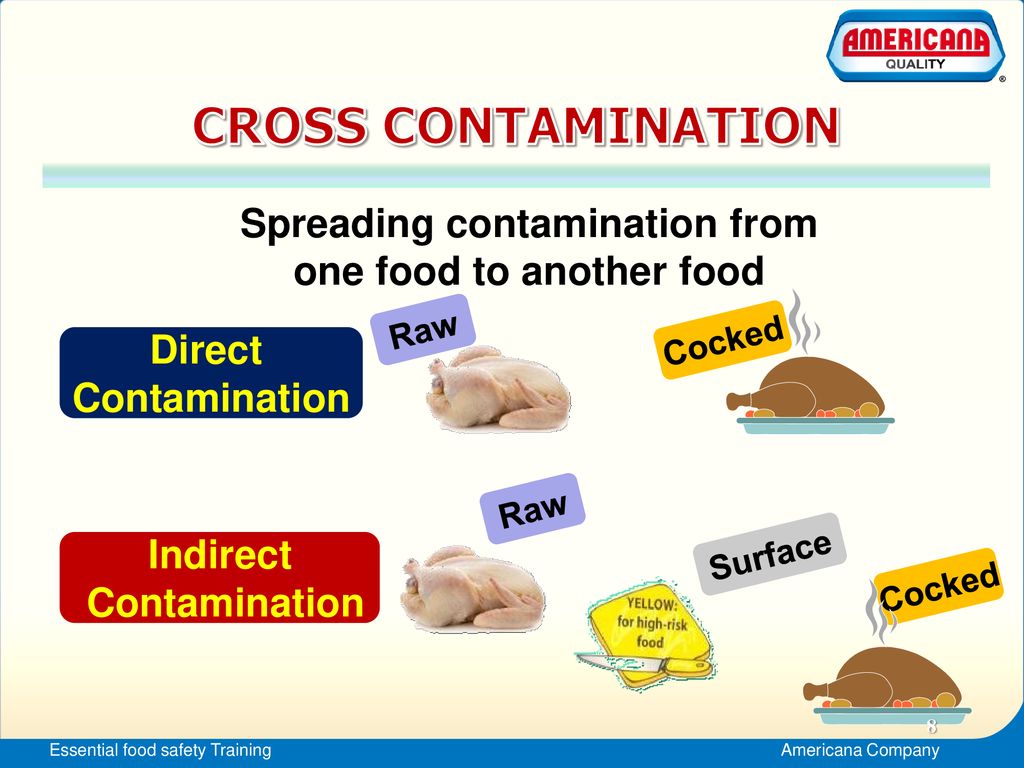 It must be sprayed on dirt, clean the surface with a sponge or cloth, and then rinse under running water.
It must be sprayed on dirt, clean the surface with a sponge or cloth, and then rinse under running water.
Whitening clothes
Underwear and T-shirts/bodysuits are the most soiled. Often they require bleaching. As a safe bleaching solution, you can use ammonia-soda solution (in 1 liter of water, dissolve 1 teaspoon ammonia and soda). Soak the bodysuit for 2-3 hours and wash.
Which detergents should not be used?
Carefully study the composition of the detergent before buying. It shouldn't contain phosphates, surfactants, and various fragrances. They can be toxic, cause skin irritation, allergic reactions. nine0003
Choose only tested and proven powders. Even the child is no longer a baby, it is still better to buy funds marked 0+.
At what temperature is it better to wash
The labels on the clothes will help you figure it out. They usually contain comprehensive information on how to wash a particular thing. If the tag is already cut, then refer to the composition of the fabric:
If the tag is already cut, then refer to the composition of the fabric:
-
Cotton things perfectly tolerate water temperatures up to +95°C;
-
Synthetic fabrics - up to +60°C;
-
Linen – up to +90° С;
-
Delicate silk, wool, satin is best washed at a water temperature not exceeding +40 ° C. depends on the composition of the fabric). Modern washing machines contain many programs, so you can easily choose the right one. For example, things for babies are most often made from cotton fabrics. Your washing machine most likely has a "Baby care" function or "Cotton". nine0003
Our experts tell you how to remove fresh and old stains on your children's clothing. All of them are safe for children's skin. Choose the most convenient and fastest way. Then washing things will not cause unpleasant emotions.
Frequently asked questions about washing baby clothes
How do I remove baby food stains?
For such cases we recommend using Cif Universal Ultra Fast Spray.
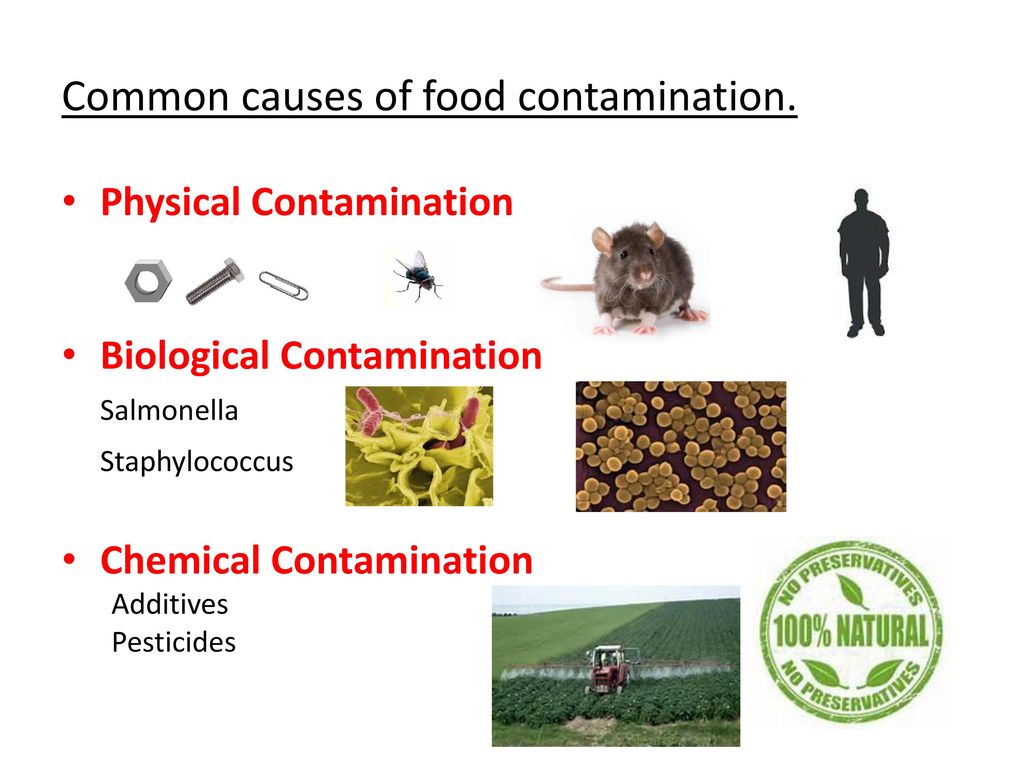 Spray the stains, clean the clothes with a sponge or a piece of cloth, then rinse the children's clothes and wash them as usual. nine0003
Spray the stains, clean the clothes with a sponge or a piece of cloth, then rinse the children's clothes and wash them as usual. nine0003 How to remove porridge stains from children's clothes?
Porridge stains quickly move away from the fabric fibers. You can read about ways to deal with stains from porridge and baby purees in our article.
How to remove stains from children's clothes?
It is possible to remove stains from children's clothes both in folk ways and with the help of modern means. Our experts talked about them in the article.
There is a severe shortage of powdered infant formula in America
nine0203 05/20/2022 at 15:12 Society 1549
Share
- nine0014
The situation with infant formula has become so critical that Senator Tom Cotton has already called it a "national crisis", Congress began an investigation, and President Biden was forced to announce measures to curb the deficit.
Photo: wikipedia.org. nine0002 Deliveries of infant formula to stores have declined so much that large retail chains and pharmacies are forced to limit the number of cans "in one hand." For example, CVS and Walgreens only sell three packages of dry mix at a time. According to Datasembly, a company that tracks price indexes and sales of various products, in the first week of May, the lack of milk formula in warehouses across the country was 43% (for comparison, in April - 40%, and in November last year - 11%). Worst of all is the situation with warehouses in the states of Iowa, South Dakota, North Dakota, Missouri, Texas and Tennessee. Accordingly, prices rose sharply - by 18%. On eBay, some savvy sellers offer a $200 can of powdered formula, and there are sure to be buyers: in the US, three-quarters of children receive either full or partial formula in their first six months of life.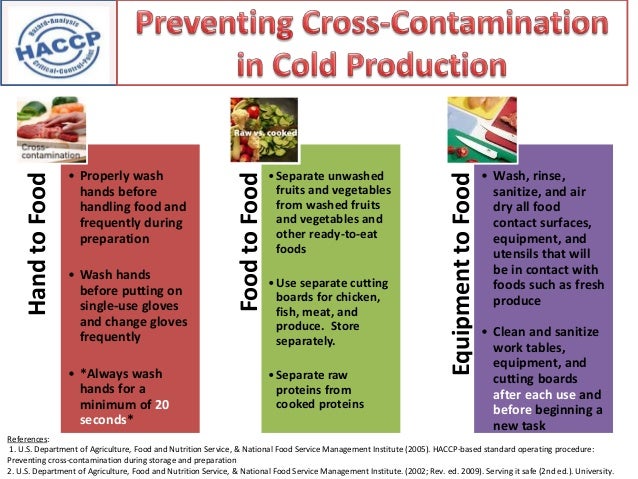
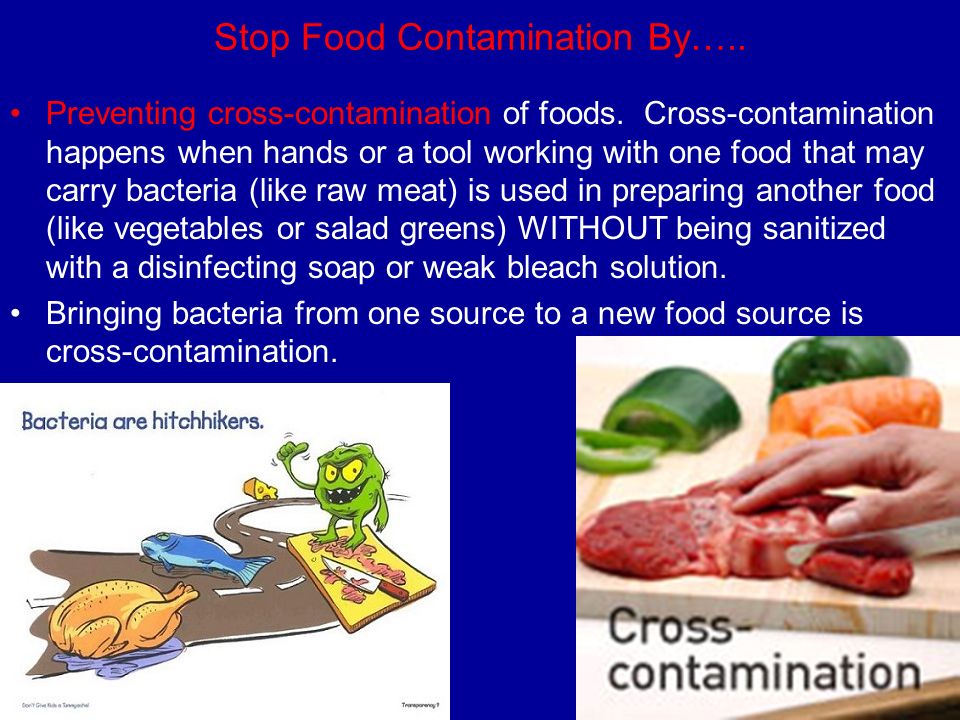 Worst of all are those families whose children, for medical reasons, cannot eat anything other than these mixtures. nine0003
Worst of all are those families whose children, for medical reasons, cannot eat anything other than these mixtures. nine0003 Abbott fights bacteria
What caused this crisis? The official version, which we already wrote about: in February, the Food and Drug Administration (FDA) stated that certain mixtures of Similac (Similac), Alimentum (Alimentum) and EleCare (EleCare) are contaminated with the dangerous bacterium Cronobacter sakazakii, which can lead to death. Four kids were hospitalized, two died. Abbott Nutrition has announced a voluntary recall of some batches of this baby food that was produced at its plant in Sturgis, Michigan (these powdered formulas were found to be contaminated). In early March, several more dry mixes produced at the same plant were recalled due to Salmonella contamination. nine0003
Bacteria in baby food is not uncommon. Back in 2004, the Codex Committee on Food Hygiene (CCFA) of the World Health Organization revised the International Code of Hygienic Practice for Foods for Infants and Older Children, tightening the requirements, including due to cases of contamination of mixtures with bacteria.
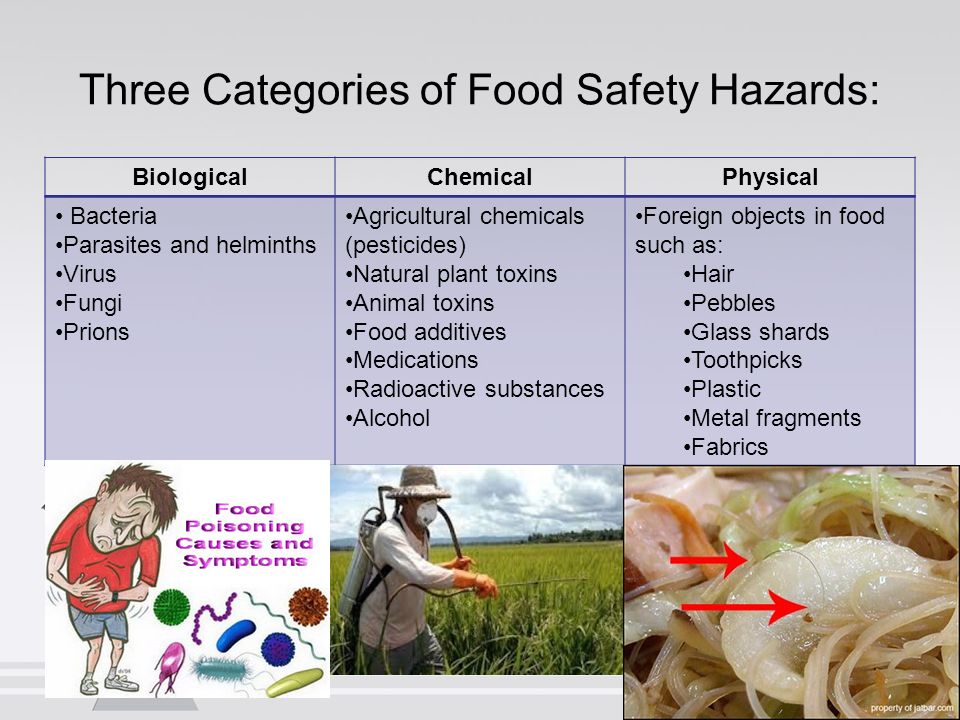 A review of Abbott's records shows that the company has had to destroy batches of premixed formulas in the past due to the presence of Cronobacter. In addition, in February, the FDA emphasized that the recall only applies to dry powder from certain batches, and does not apply to liquid infant formula and other baby foods manufactured by Abbott Nutrition. In other words, it is hard to imagine that a temporary shutdown of the production line of several (!) dry mixes at one plant can lead to such a large-scale national crisis. Not to mention the fact that other manufacturing companies were not affected by the recall, and they continue to produce their products. nine0003
A review of Abbott's records shows that the company has had to destroy batches of premixed formulas in the past due to the presence of Cronobacter. In addition, in February, the FDA emphasized that the recall only applies to dry powder from certain batches, and does not apply to liquid infant formula and other baby foods manufactured by Abbott Nutrition. In other words, it is hard to imagine that a temporary shutdown of the production line of several (!) dry mixes at one plant can lead to such a large-scale national crisis. Not to mention the fact that other manufacturing companies were not affected by the recall, and they continue to produce their products. nine0003 Furthermore, the company's official statement dated May 11 states: “After careful examination of the situation, there is no evidence that these cases [infant deaths - Ed.] are associated with the consumption of our baby food; the bacterium Cronobacter sakazakii, which was found during testing, was in areas not in contact with products.
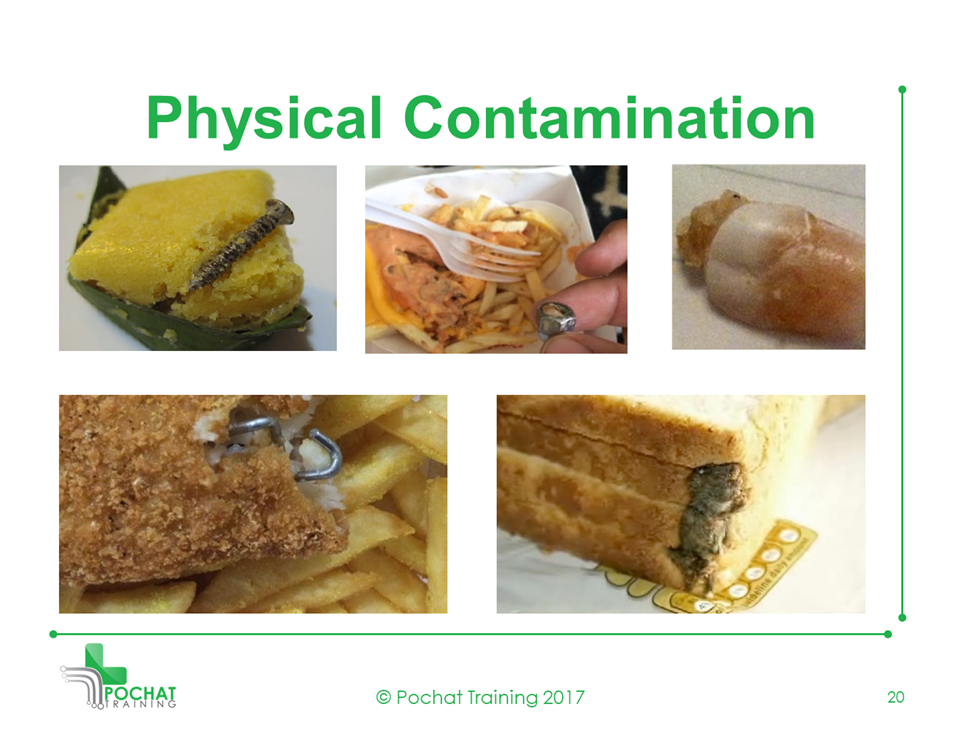 The bacterial samples found at the plant did not match the strains found in the babies' tests. An Abbott spokesperson also said that all products tested for Cronobacter sakazakii and Salmonella were negative and that no Salmonella was found at the Sturgis facility during the investigation. nine0003
The bacterial samples found at the plant did not match the strains found in the babies' tests. An Abbott spokesperson also said that all products tested for Cronobacter sakazakii and Salmonella were negative and that no Salmonella was found at the Sturgis facility during the investigation. nine0003 However, the FDA insisted that infant formula was produced in unsanitary conditions, and Abbott's internal records showed that the company destroyed some of its products due to bacteria in the factory. On May 16, Abbot reached an agreement with the FDA that allowed the production lines to restart. The company reportedly acknowledged the unsanitary conditions at the plant and is committed to rectifying the shortcomings. In addition, Abbott has agreed to engage external experts who will develop a plan to reduce the risk of bacterial contamination at the plant and conduct periodic assessments to ensure the company is in compliance. In the event that any products again test positive for bacteria, the company will be required to dispose of them and stop work until the source of infection is eliminated.
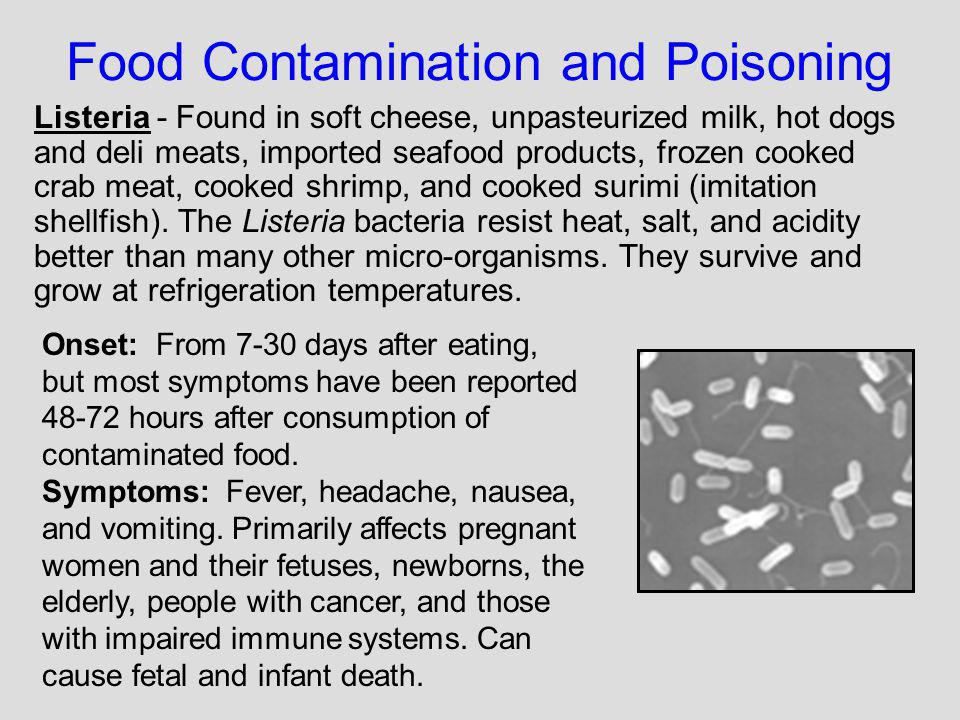 If Abbott does not comply, it faces $30,000 in damages per day of violation (up to $5 million in annual fines). The terms of the agreement are valid for at least 5 years. nine0003
If Abbott does not comply, it faces $30,000 in damages per day of violation (up to $5 million in annual fines). The terms of the agreement are valid for at least 5 years. nine0003 FDA chief Robert Kaliff stated, "The public can be assured that our FDA will do everything possible to ensure that baby food continues to meet safety and quality standards." The agreement between Abbott and the FDA has been approved by the US District Court for the Western District of Michigan. However, it’s too early for parents to rejoice: Abbot said that a restart is possible within two weeks, and mixtures will appear on store shelves no earlier than in 6-8 weeks.
Broken logistics and monopolies
Another reason that is less talked about is disruptions in the supply chain. Everything affects: a critical shortage of labor (which we have already written about more than once), problems with the production of packaging and transportation. All this together affects the production and distribution of goods.
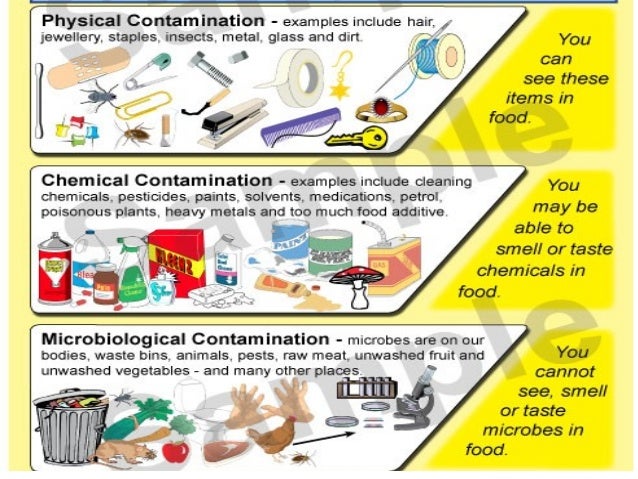 According to Datasembly CEO Ben Reich, "the economic situation affects this category of goods more than others."
According to Datasembly CEO Ben Reich, "the economic situation affects this category of goods more than others." The crisis has reached such proportions that even the federal authorities were forced to react. On May 12, President Joe Biden met with representatives from Walmart, Target, Reckitt and Gerber to discuss ways to reduce the deficit. He also instructed the Federal Trade Commission to use its powers to monitor allegations of price gouging and the Justice Department to work with state attorneys general to crack down on retailers who took advantage of the situation. nine0003
On May 13, the House of Representatives Oversight Committee announced the launch of an investigation into the baby food situation. Letters were sent to all four manufacturers asking them to explain how they plan to handle the crisis and what they are doing to prevent this from happening in the future. In addition, the Committee will also investigate allegations received from consumers of price gouging.
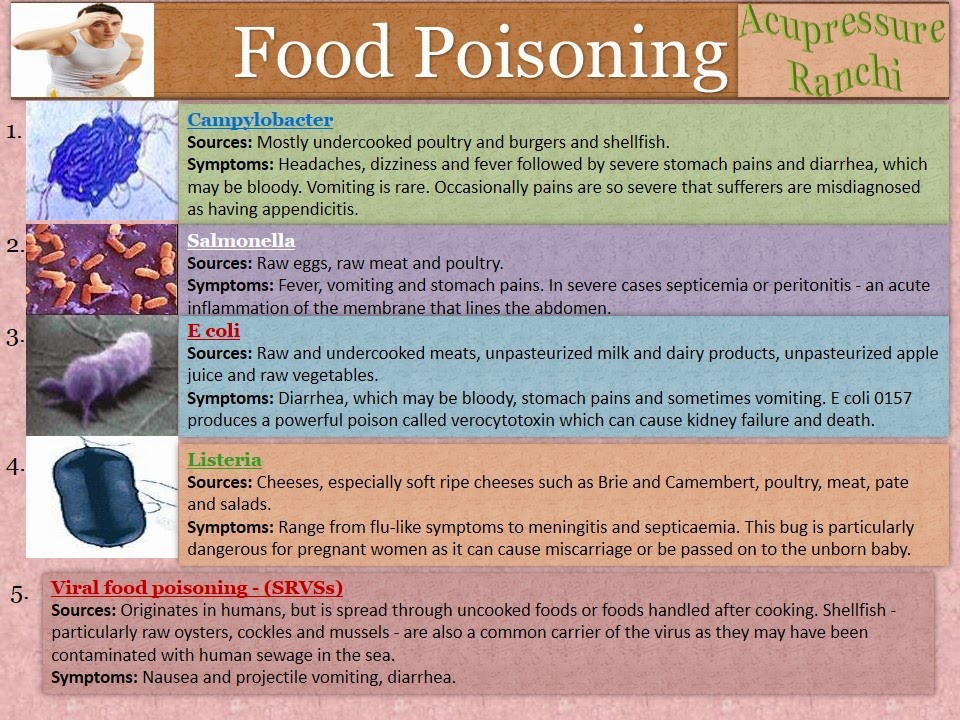 The meeting of the Committee on this issue is scheduled for May 26.
The meeting of the Committee on this issue is scheduled for May 26. At the same time, the recall of goods for one reason or another is a common occurrence. Thousands of medicines and products are withdrawn from sale every year, and yet there is no nationwide crisis, and sellers do not restrict the sale of essential items in the spirit of Soviet trade. nine0003
Four large companies now control 90% of America's supply of infant formula: Abbott, Mead Johnson, Gerber and Perrigo Nutritionals. Abbott, which makes Similac, and Mead Johnson, which makes Enfamil, have nearly 80% of the market. Mead Johnson has already stated, “We have taken steps to ramp up production of Enfamil and are currently shipping 50% more products to address consumer concerns as quickly as possible.” Considering how the prices for dry mixes have risen, the crisis is beneficial for all manufacturing companies. nine0003
Importing baby food will be easier
Another factor in the crisis is America's regulatory and trade policies.
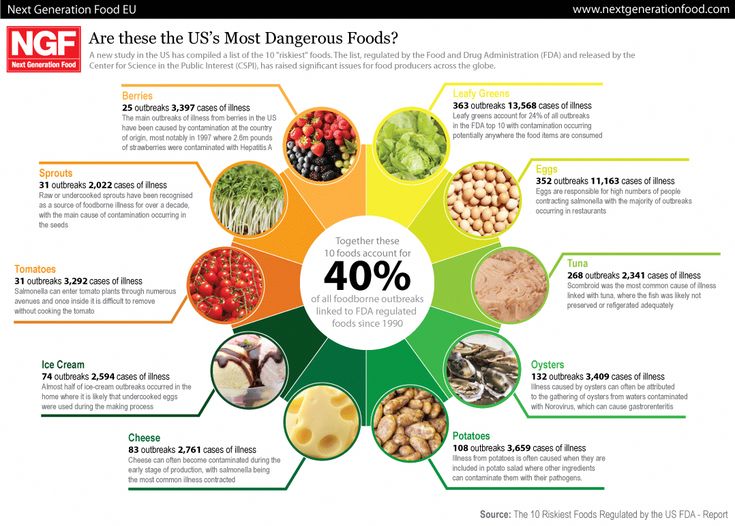 The FDA regulation of infant formula is so strict that most products coming from Europe cannot be bought here due to technical issues such as labeling requirements. There is no question about the quality of European blends: studies have shown that in some respects they can even be better than American ones, because the European Union bans certain types of sugar (for example, corn syrup). The US also restricts the import of formulas that comply with FDA regulations. For large volumes, the import tax for mixtures can exceed 17%. Currently up to 98% of the baby food on the market is made in the USA. And during a crisis, the lack of alternative supplies becomes a rather big problem.
The FDA regulation of infant formula is so strict that most products coming from Europe cannot be bought here due to technical issues such as labeling requirements. There is no question about the quality of European blends: studies have shown that in some respects they can even be better than American ones, because the European Union bans certain types of sugar (for example, corn syrup). The US also restricts the import of formulas that comply with FDA regulations. For large volumes, the import tax for mixtures can exceed 17%. Currently up to 98% of the baby food on the market is made in the USA. And during a crisis, the lack of alternative supplies becomes a rather big problem. Therefore, for the first time, an unprecedented step is announced - the US intends to increase imports of infant formula in order to reduce the nationwide shortage. Potential importers in the FDA are manufacturers from Australia, New Zealand, the UK and the Netherlands. On May 16, the FDA called on foreign manufacturers to apply to import their products into the United States.
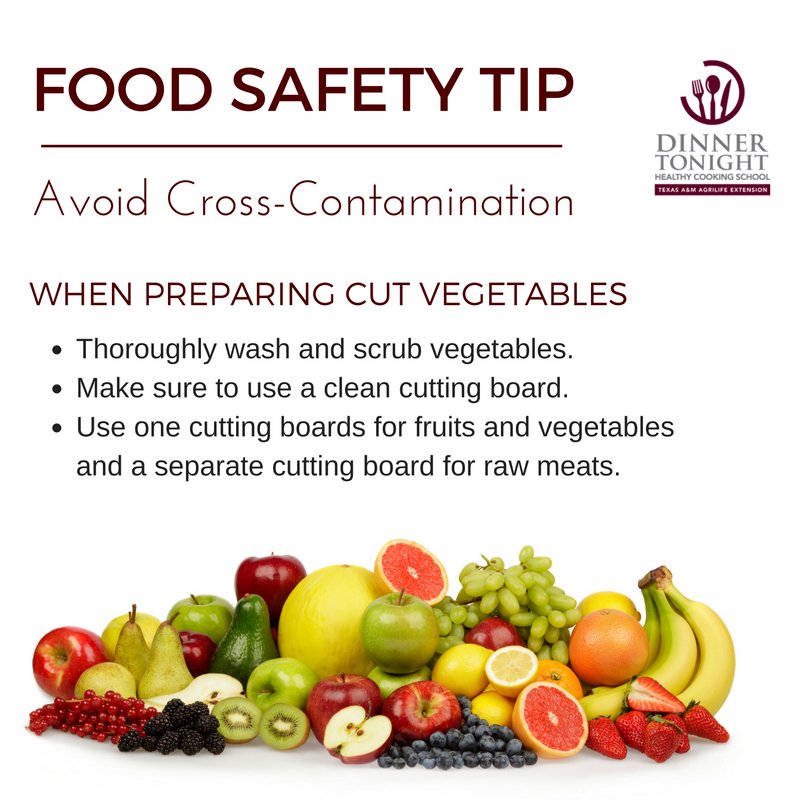 It is reported (however, without going into details) that the verification process will be "optimized". White House press secretary Karine Jean-Pierre said that "priority will be given to applications from those companies most likely to be able to prove product quality and be able to get the most baby food to American stores as quickly as possible." Thus, the advantage will be given to large manufacturing companies, which will be able to quickly cover the shortage that has arisen. nine0003
It is reported (however, without going into details) that the verification process will be "optimized". White House press secretary Karine Jean-Pierre said that "priority will be given to applications from those companies most likely to be able to prove product quality and be able to get the most baby food to American stores as quickly as possible." Thus, the advantage will be given to large manufacturing companies, which will be able to quickly cover the shortage that has arisen. nine0003 However, even if import applications and related documentation confirming the safety of mixtures are submitted, relatively speaking, tomorrow, it may be weeks before the products reach the stores. Once the application is filed, the FDA will still need to review the baby food to ensure quality control to American standards. The import facilitation policy was adopted as a temporary measure for the next six months.
In the meantime, while parents of toddlers are rushing about in search of baby food, politicians from all sides have decided to use the crisis to their advantage.
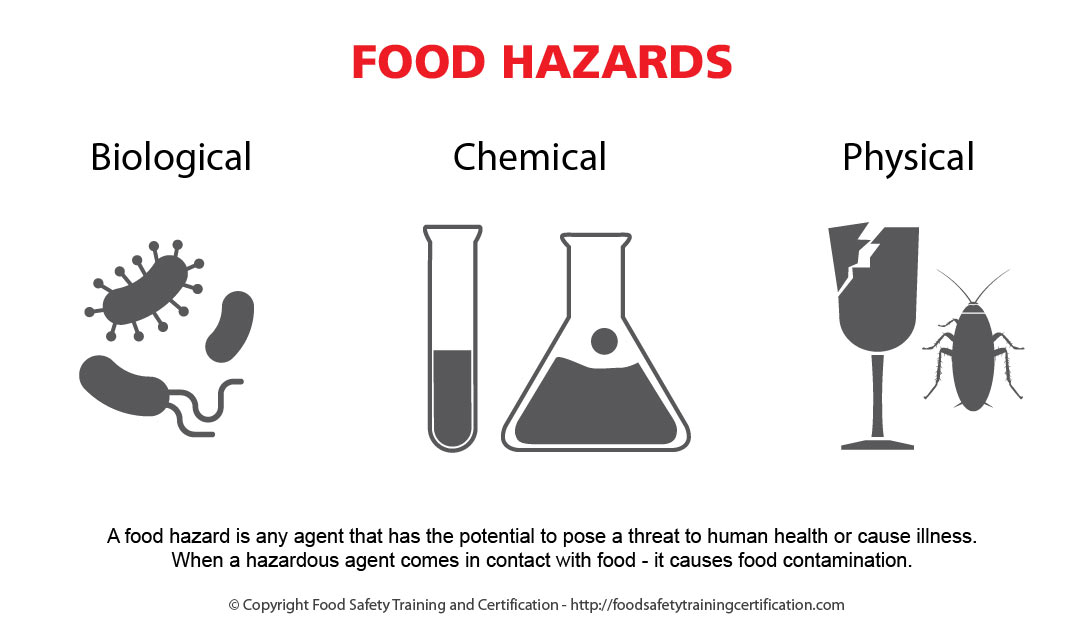 So, Republican Congresswoman Kat Cammack posted a video on her Facebook account about how the federal authorities send packages of baby food to the border with Mexico: “American stores have empty shelves, there is no shortage at the border.” Cammack said the Biden administration should not put the needs of illegal immigrants ahead of the interests of American citizens. Another Republican politician, Rep. Eliza Stefanik, also said it was "absolutely unacceptable" and drew a parallel with Trump's famous slogan, "America continues to be put last." In turn, Democratic politicians Eric Svolvell and Ruben Gallego accused Eliza of wanting to "starve babies" in border centers where illegal immigrants are detained. nine0003
So, Republican Congresswoman Kat Cammack posted a video on her Facebook account about how the federal authorities send packages of baby food to the border with Mexico: “American stores have empty shelves, there is no shortage at the border.” Cammack said the Biden administration should not put the needs of illegal immigrants ahead of the interests of American citizens. Another Republican politician, Rep. Eliza Stefanik, also said it was "absolutely unacceptable" and drew a parallel with Trump's famous slogan, "America continues to be put last." In turn, Democratic politicians Eric Svolvell and Ruben Gallego accused Eliza of wanting to "starve babies" in border centers where illegal immigrants are detained. nine0003 Only one thing can be said with certainty: even with the increase in production and the green light for imports, the situation with the shortage of infant formula will not change in the next couple of weeks.
Subscribe
Authors:
- Learn more
- Week old baby vomiting after feeding

- Mango avocado baby food
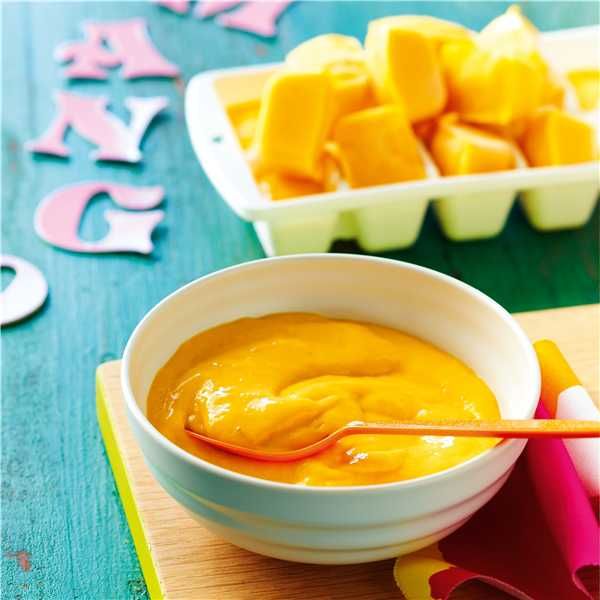
- Age to feed baby yogurt
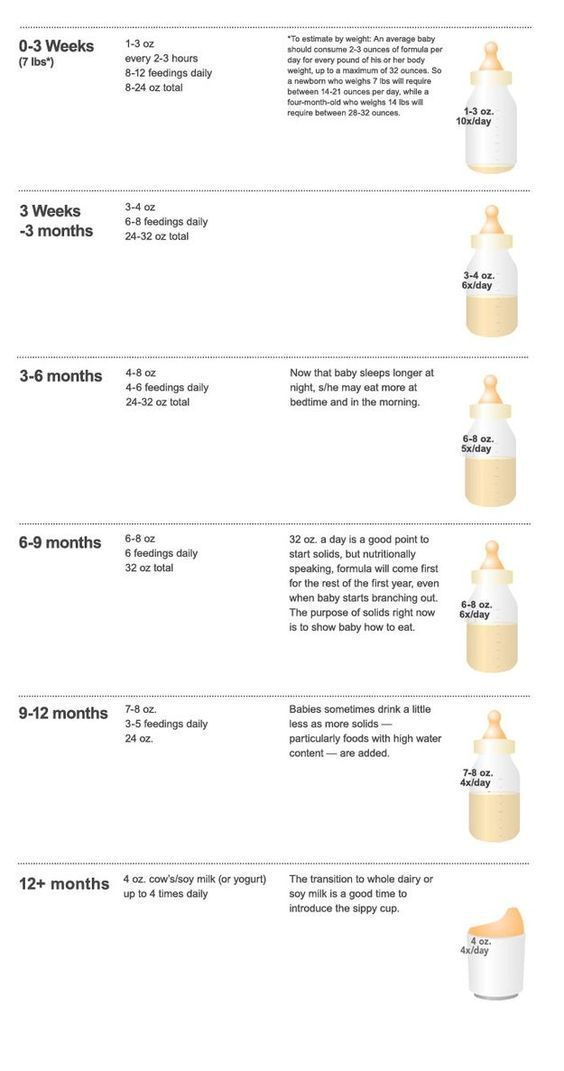
- Baby zebra finches food

- How to choose avocado for baby food
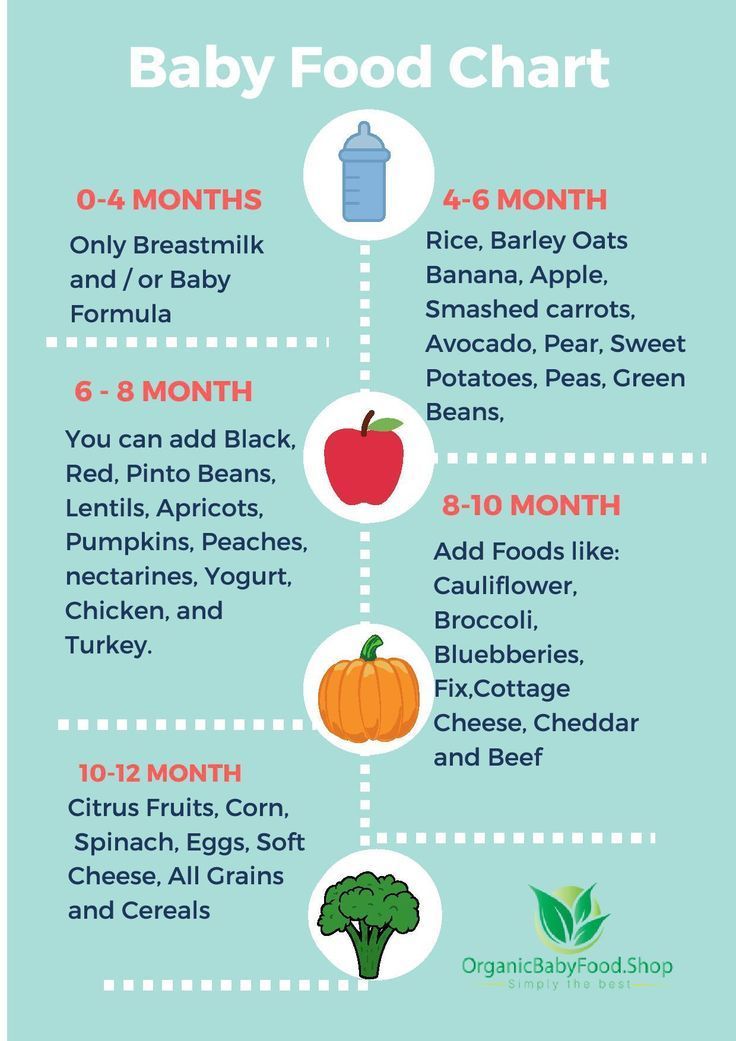
- Food for 6 months old baby in nigeria
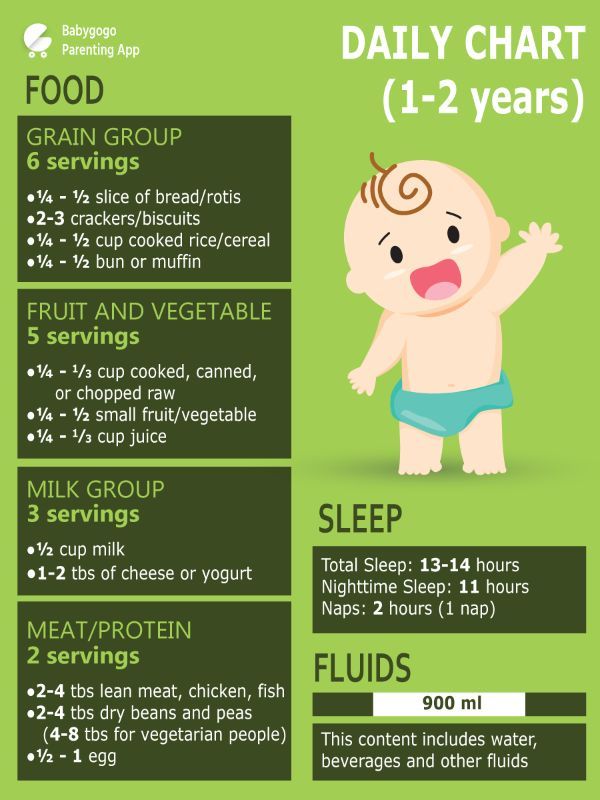
- Feed baby when hungry or on schedule

- Foods high in iron and zinc for babies
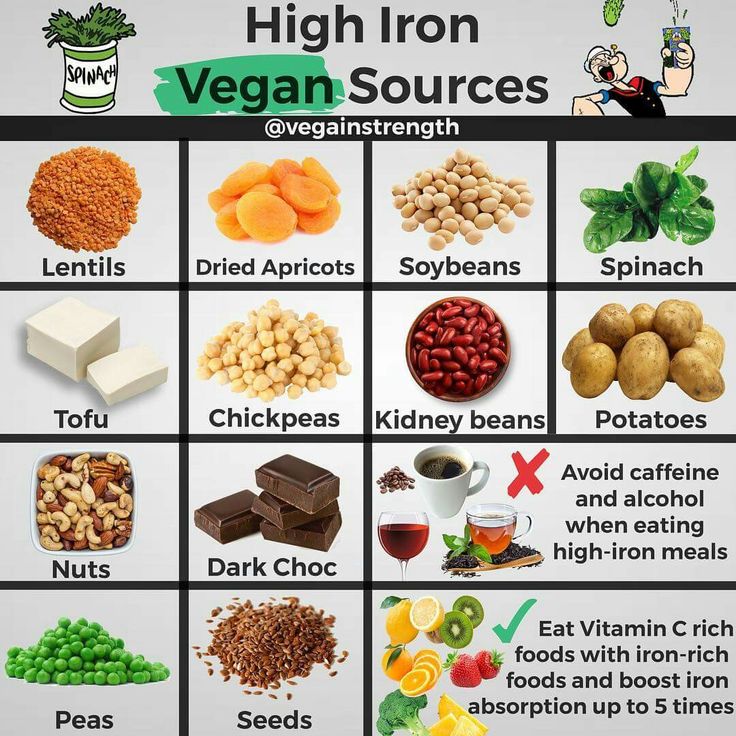
- Dr sears baby food

- Baby wheezy after feeding

- Food for babies first birthday
